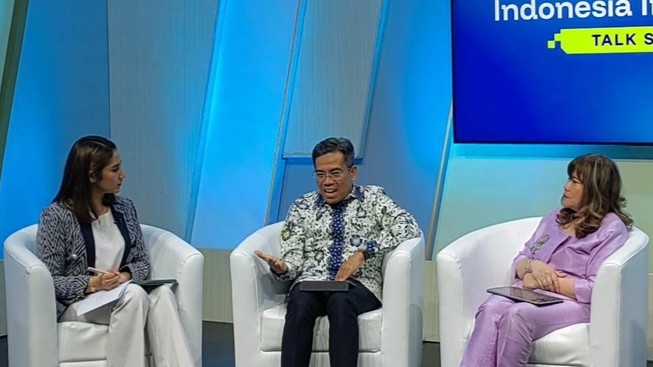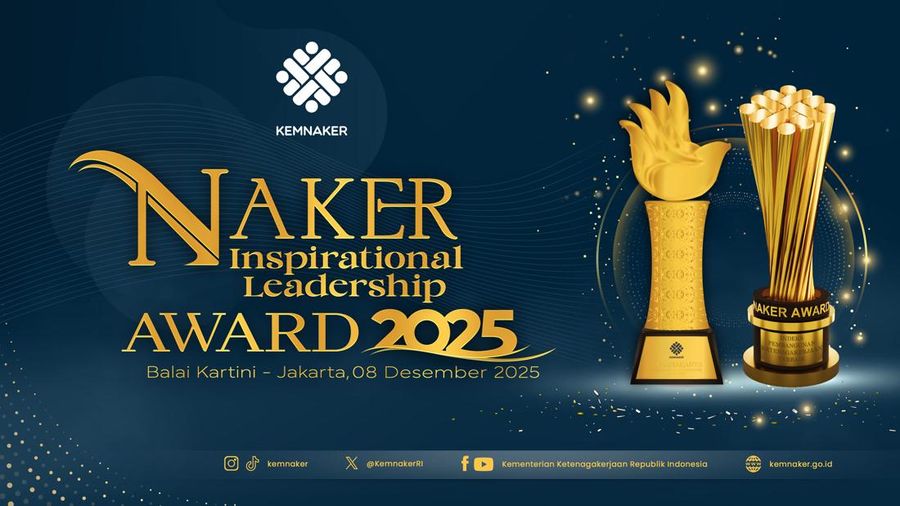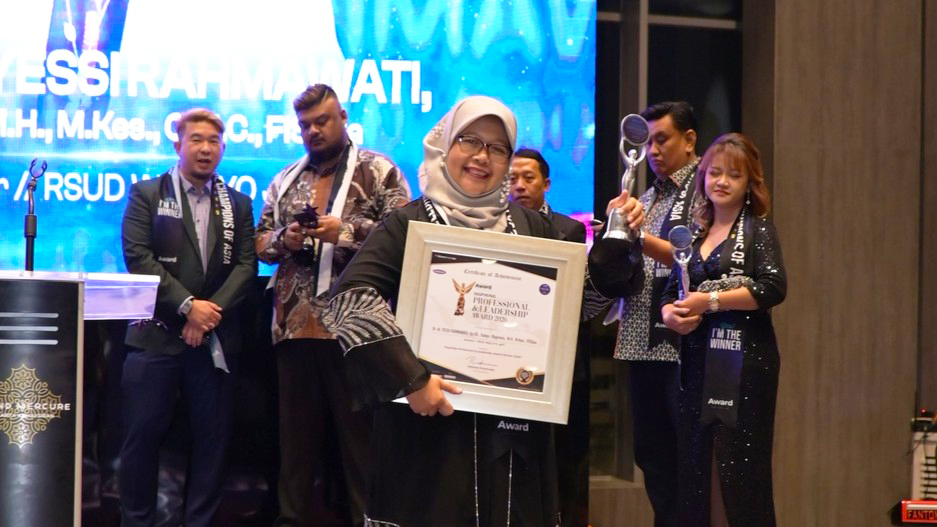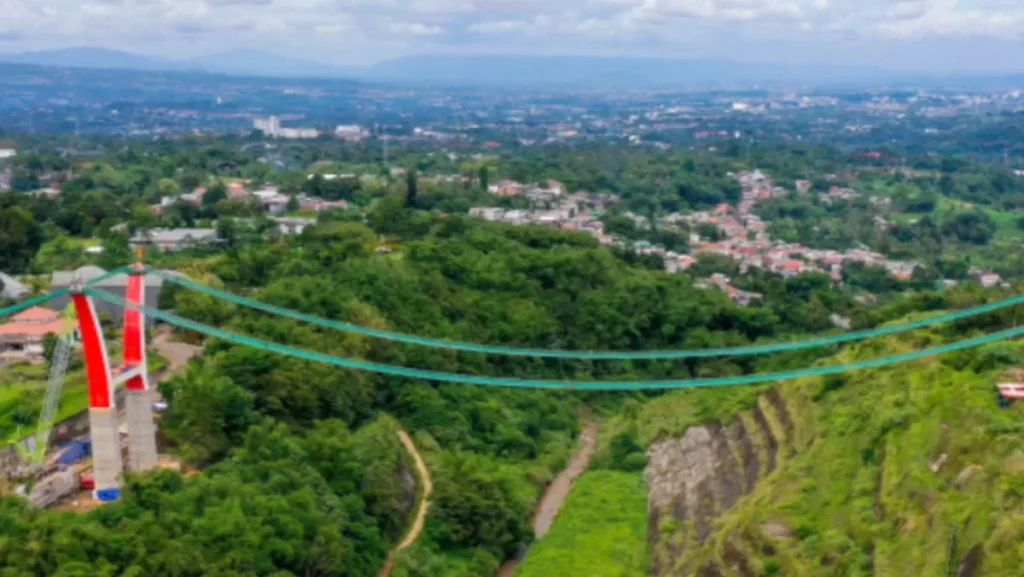In Southeast Asia’s increasingly competitive race for foreign direct investment (FDI), Vietnam has made headlines by offering free land and state-funded facilities to attract global investors. The policy, which applies even to large multinational companies, was highlighted by Indonesia’s Deputy Minister for Investment Promotion, Nurul Ichwan, during the Indonesia Investment Talk Series held on April 30, 2025, in Jakarta.
“These countries, like China and Vietnam, are offering zero land lease costs—even to corporations that can afford to pay,” Nurul said, referring to what he considers a highly aggressive approach to attracting capital inflows.
Beyond land incentives, Vietnam reportedly goes a step further by constructing buildings for incoming investors. According to Nurul, such measures are unlikely to be implemented in Indonesia, where land acquisition alone remains complex and bureaucratically challenging. “Here, acquiring land is already a huge issue, let alone giving it away,” he added.
In response, Indonesia’s Investment Ministry (BKPM) emphasized a more calibrated strategy. Instead of competing through excessive financial incentives, Indonesia banks on its vast natural resources as intrinsic assets that deliver value to investors—particularly those in processing industries, energy, and downstream sectors.
“There’s no need for Indonesia to over-incentivize,” Nurul explained. “We are rich in natural resources. That in itself is a strong, natural incentive—unlike countries with limited assets who may need to offer more just to stay relevant.”
BKPM officials also suggest that while financial perks may attract short-term attention, long-term investors are increasingly focused on regulatory consistency, infrastructure readiness, environmental standards, and overall ease of doing business.
In today’s B2B environment, strategic investors look beyond land costs. Factors such as ESG compliance, integrated supply chains, and value-added potential have become critical in deciding where to place capital. Indonesia is positioning itself to attract such investment by improving policy certainty and building industrial ecosystems rather than competing in a race to the bottom on giveaways.
While Vietnam’s approach may offer lessons, Indonesia prefers to emphasize its structural advantages, including resource-based industries, growing consumer markets, and industrial downstreaming initiatives.
“Our investment offer is not just incentive-based. It’s value-based,” Nurul concluded.






